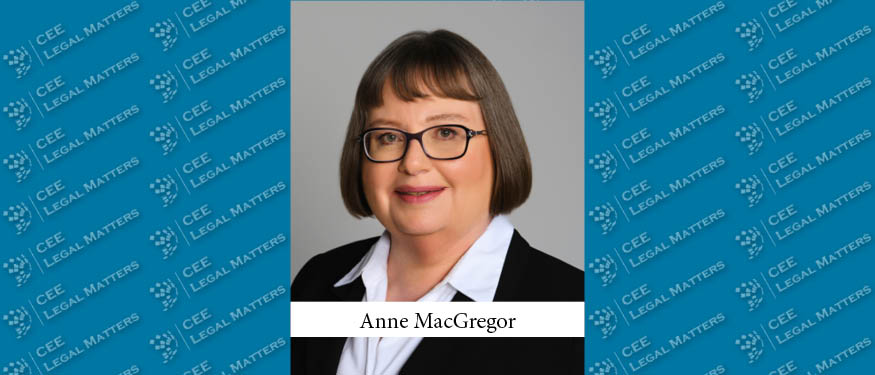With signs of recovery evident across multiple real estate segments, Poland's property market appears to be on a positive trajectory, according to A&O Shearman Partner Michal Matera, who highlights recent deal trends, legislative developments, and the long-awaited introduction of a domestic REIT-style investment framework.
"This year has been noticeably stronger than the previous two," Matera begins. "We're seeing more transactions finalized across several segments, including the office sector, BTS, and logistics deals, as well as sale-and-leaseback transactions. The hospitality market has also been quite active, alongside residential projects – both for sale and rent – and the same applies to student housing developments." According to him, a particularly encouraging sign is that "deal-making has picked up not just in Warsaw but also in regional cities, which suggests a broader market recovery. While activity still hasn't returned to pre-war levels, the market is heading in the right direction."
Focusing on the key factors impacting these developments, Matera highlights that, on the legislative front, "one major development is the extension of the implementation deadline for Poland's new zoning plans, now pushed to the end of June 2026. The upcoming changes are set to make zoning procedures more complicated, and we're already seeing challenges around the availability of land, particularly for residential developments, though other asset classes will likely feel the impact as well. Among other things, the new framework introduces stricter time limitations and more burdensome procedures for obtaining zoning permits, which could significantly slow down project approvals." According to him, if these procedures become more restrictive, the scarcity of suitable land could worsen. Moreover, from a political standpoint, "ongoing debates surrounding Poland's judicial system, including the interplay between the government, Constitutional Tribunal, and the courts, have not yet translated into tangible negative effects on the real estate sector, but the situation should be closely monitored."
Sharing what he feels will come next for Poland's real estate market, Matera says that "the entire market is currently waiting for the government to follow through on its long-promised Polish REIT-style fund framework. The market was expecting the first draft of the regulation before the summer, but recent government restructuring has delayed the process." As Matera explains, the introduction of the REIT mechanism is crucial for the long-term maturity of Poland's commercial real estate market: "Unlike many EU peers, Poland lacks meaningful domestic capital participation in this space; somewhere between 90% and 95% of commercial real estate investment still comes from abroad. In other jurisdictions, the presence of stable local capital helps markets weather global slowdowns. Without the proper legal framework in Poland, we've had to wait through multiple attempts to enable this, and unfortunately, it looks like we'll have to wait a bit longer."















